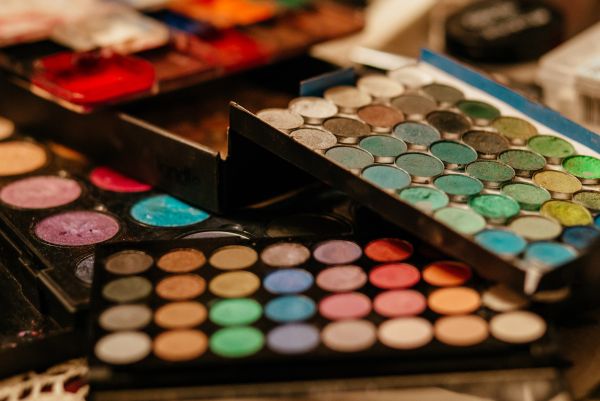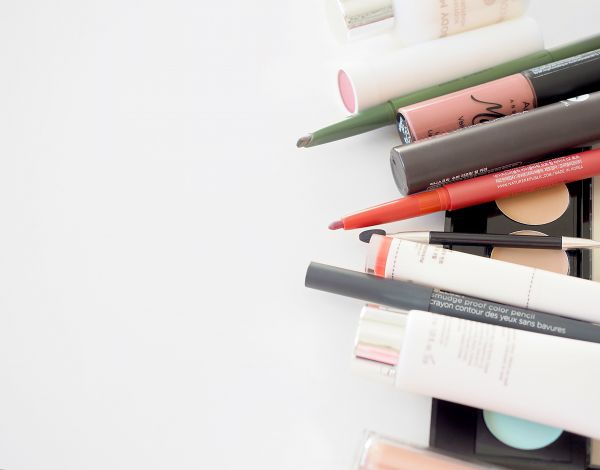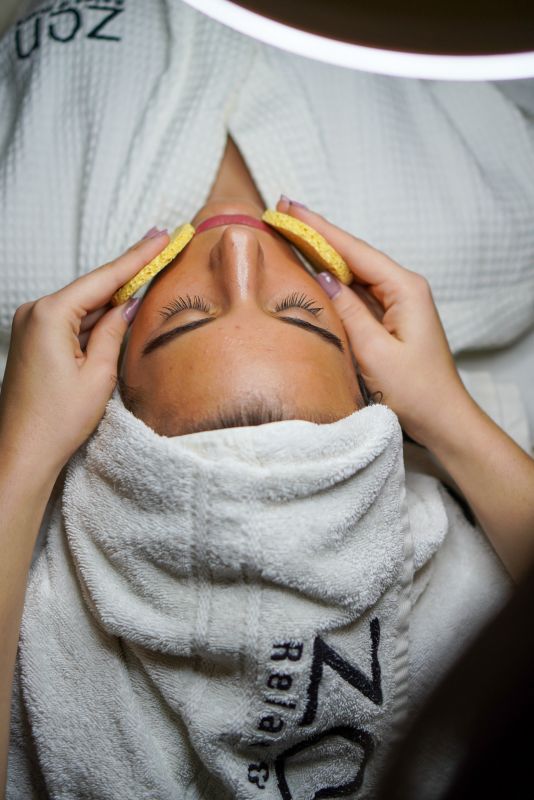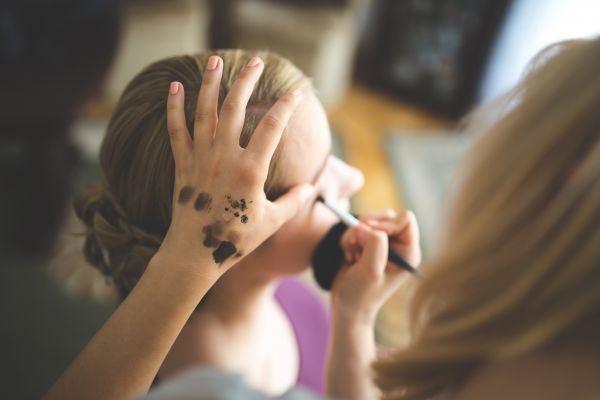You've dreamed of becoming a makeup artist for years. There's nothing you want more than to do what you're passionate about every day. How do you become a makeup artist and who can become one?
Did you know that you can get a makeup education by enrolling in an esthetics program like the one here at Jean Madeline Aveda Institute? That's right! Esthetics isn't all about skincare, makeup application is covered, too. Here's what you need to know about esthetics and makeup.

Having an esthetician's license can set you apart from the crowd because you will have additional education and training about how to treat skin and choose makeup products that will complement your clients types of skin. Here are three more reasons why being a licensed esthetician is so important:
You want your clients to have confidence in you and trust that you know how to do makeup. An esthetician's license shows that you are licensed to do makeup, which can help your credibility.
Have you ever watched a YouTube video about the safety and sanitation practices of makeup artists? What about state laws about what you can and can't do as a makeup artist or esthetician? Those are both critical things that you can learn when you attend esthetician training at an accredited beauty school like Jean Madeline Aveda Institute.
Getting your first job right after graduating might be hard, but with a strong network and connections, it could make the process easier. Fellow classmates, instructors, and staff members make great references.

An esthetician can do more than just makeup. An esthetician is someone who knows about skin types and chemistry. They are also knowledgeable about the ingredients in products as well as various techniques to care for all skin types. Some fun services an esthetician can be trained on include waxing, facials, aromatherapy wraps, body exfoliation, and other treatments for the face and body.

Yes! It's beneficial for makeup artists to be well-versed in skincare. What if you were to apply a product that a client was allergic to? Would you be able to identify the signs? It's also important to understand different skin types and the ingredients in the makeup to avoid any trouble. For example, oily skin may not react the same way to a foundation as dry skin might. If you get an esthetics education in addition to makeup, you may be able to consult with and advise clients before you make any moves.
Esthetics students can learn anatomy and proper makeup application techniques. Natural makeup, bridal styles, and even photo makeup are a few makeup looks you can also learn.
Possible makeup artist jobs:

This part is simple!
Our friendly admissions staff wants to make your journey to esthetics school as smooth as possible. Don't be afraid to ask us questions.
Create that smokey eye, rock that winged liner, and pursue your dreams of becoming a makeup artist. Remember: it can all start with an education in esthetics. Call us to book a tour at Jean Madeline Aveda Institute.
Our Admissions team would love to show you around our unique and wonderful campuses. Fill out the form below or call us at 1-877-SAY-JEAN to learn more.
If you're interested in services at one of our locations, click here to browse our menu or click here to make a reservation right now online.